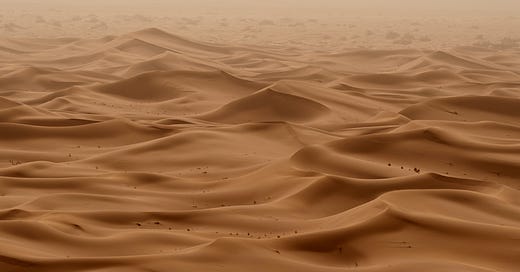Embracing My Childhood Trauma and the Fight Against Poverty
Discover how Antonia's childhood experiences with poverty continue to shape her life and drive her passion for promoting sustainability and reducing poverty. Read more about her journey
A few days ago, I was looking through some old pictures with my sister and noticed how blond my hair was. At first, I thought it was due to the sun, but my sister quickly corrected me, explaining that my hair was lightened by childhood malnutrition. I was shocked that I had missed this all these years. Hypochromotrichia, or the lightening of hair color,…

